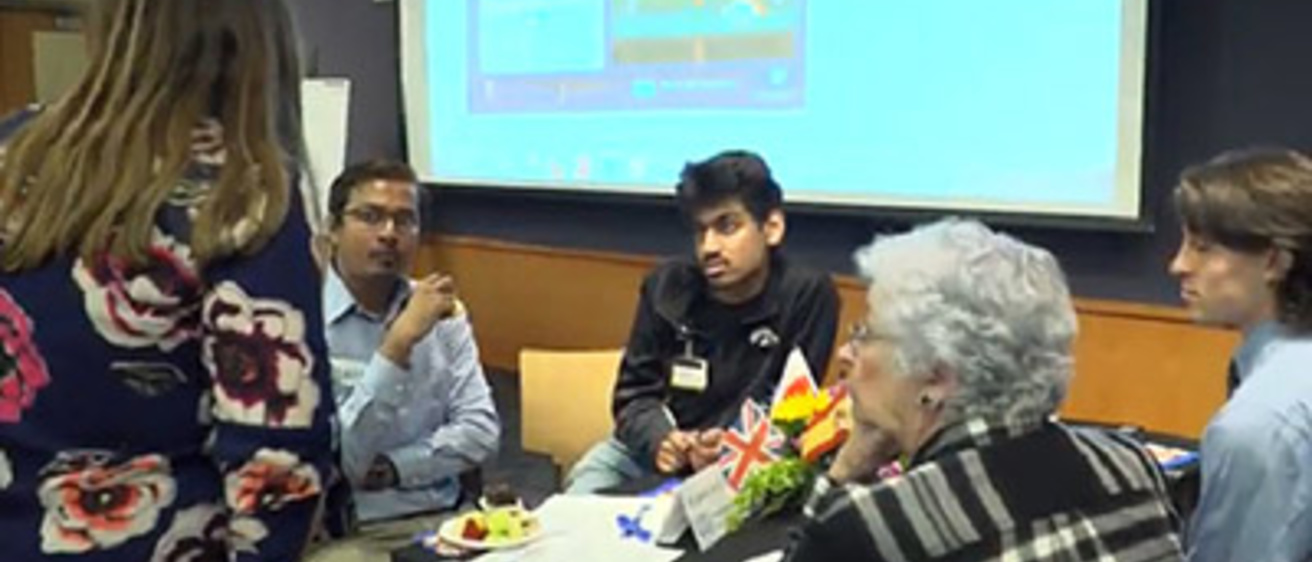Master’s student Hossain Mohiuddin recently attended a world climate simulation on campus hosted by the University of Iowa Public Policy Center as part of Earth Week. The event included university faculty, students, city government officials and the public. The School of Urban and Regional Planning was one of the sponsors.
The simulation was structured by dividing people into groups with each group representing a country or regional government such as the European Union, developing countries, and other developed countries (ex. Canada, United Kingdom and Russia). The participants then discussed climate change in the format of role-playing United Nations climate negotiations. Each group was additionally affected by role-played lobbyists representing companies whose production is affected by climate change policies or those more in favor of economic development than consideration of environmental issues. The policies created from each country and regional government group were then analyzed by a computer model to compare how the group as a whole stood in relation to the Paris Agreement. A short video was created to show how the process worked and the results.
Mohiuddin is originally from Brahmanbaria, a city (population approximately 250,000) in Bangladesh which allowed him to offer a broader worldview of climate change taken from his own experience. Bangladesh is considered a developing country and is highly affected by climate change. Residents there experience an increasing frequency of natural disasters in the coastal areas. The citizens there are in favor of supporting climate change policies. However, in this simulation Mohiuddin was not assigned to represent developing countries, as the aim was to give everyone the experience of proposing policies for countries they had no personal relationship with.
The climate change simulation brought an increased awareness to people regarding their environment. According to Mohiuddin, at the end of the session, most left with optimism about solving these climate change issues.
